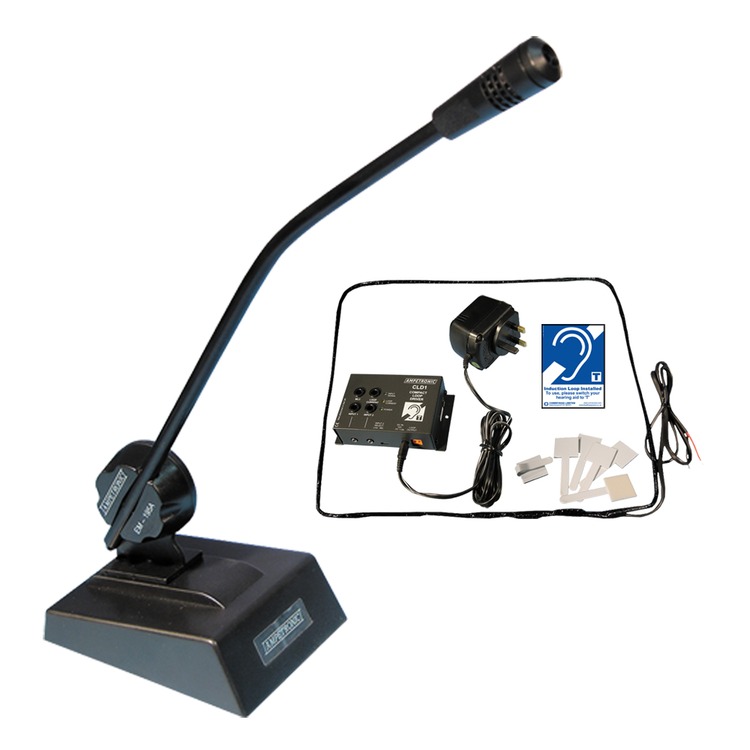Devices For Deaf Drivers

Alerting devicesContributedby, BC-HIS, customer support manager, Healthy HearingThis content was last reviewed on:October 21st, 2019 2019-10-21 00:00:00 Hearing loss can be a safety issue, but these special alerting devices are available to wake you, indicate a visitor at the door or warn you of an emergency. Learn about the types of alerting devices for people with hearing loss. 2019 Alerting devices loss can be a safety issue, but these special alerting devices are available to wake you, indicate a visitor at the door or warn you of an emergency. Learn about the types of alerting devices for people with hearing loss. Prior to the modern age, people with sometimes had to rely on others for their safety and connectivity to the rest of the world.

Ptc dental dvd free download. Thankfully, as technology has rapidly evolved, so too have devices that help people with hearing loss live more independent lives.Today there are, infrared systems, captioning and amplification devices that help people communicate with others, hear the sounds of everyday life and enjoy entertainment when they otherwise would have a difficult time due to hearing loss. Sonic Alert has an extra loud alarmand a vibrating bed shaker.Alerting devices can help people stay connected and safe every day and in emergency situations. They use one or more of these types of signals:.
Visual - a flashing light. Vibrotactile - a vibrating component.
Auditory - increased amplification and use of lower frequency soundsAlarm clocks for the hearing impairedHearing a standard alarm clock can be a challenge for people with hearing loss. Specially-designed alarm clocks for people who have hearing loss come in many forms, including those that have built-in strobe lights or bed-shakers and those that have an outlet where you can plug in a vibrating alert, like this popular one from, or a lamp to wake you up each morning.
Smoke, fire and carbon monoxide detectorsSome of these devices are sold separately while others are part of a combination fire and carbon monoxide detection system. Many have extra loud alarms as well as flashing strobe lights, depending on your need. There are also that have a component that goes under your pillow or mattress—depending on its strength—and alerts you to a fire by shaking you awake.There are also alerting devices with technology that detects the pitch of your existing smoke detector and respond with a much louder, lower-pitched sound that is more likely to wake you. Some devices shake you awake while the digital display turns orange and says 'FIRE.' Doorbell signalersThere are doorbell signalers which work with or without an existing doorbell to make sure you know when someone is at the door.
There are also security signalers that alert you if a door or window is opened in your home. Door signalers can range from a simple flashing strobe light to a system connected to your phone or one with its very own receiver.
There are some that you keep in a central location in your home and they alert you, through a message and/or a flashing light when you're or someone is ringing the doorbell. Phone signalers The popular Sonic Alert clock wakes byusing a vibrating device.Phone signalers either plug directly into the outlet and phone line or are attached to the side of a phone to pick up the sound directly. However, with the prevalence of cell phones today, there are more unique, discreet and advanced options on the market than ever before. Newest phone technologyMost recently, tech companies have come up with discreet, modern and even high-style bracelets and smartwatches that alert people when their cell phone is ringing. Even people without hearing loss can benefit from this, such as when your cell phone is on silent or tucked away in a purse or bag, but people with hearing loss can especially benefit since they often don't hear their phones ringing.Smartwatches can vibrate to alert you to incoming calls. Baby cry signalersRegular baby monitors often do not generate enough sound for people with hearing loss to determine if their babies are crying. But manufacturers now make transmitters and receivers specifically meant to detect a baby's crying and transmit it to a central alert system.
Deaf Driver Alert System
Weather alertsSometimes, people with do not know about a dangerous storm because they cannot hear the rumble of thunder or crack of lightning. Additionally, some people don't watch TV or listen to the radio. In these cases, weather alerts can give warning about impending storms or other disastrous weather situations on the horizon. A weather alert radio can be used by itself or with other alerting accessories, such as strobes or bed-shakers, depending on your needs and preferences. Other alerting devicesThere are some devices that alert you to any noise or movement, depending on what you need them for. Some are centrally located in your home, while others can be worn like a pager. Others will alert you to whatever you program them for, including the phone ringing, the doorbell sounding, a baby's cry or wherever else you have transmitters located in your environment.
There are also devices that are specifically for motion detection.As technology advances and more attention is given to the rising numbers of people living with hearing loss, it's likely that these alerting and signaling devices will greatly advance and include sleeker or artistically inspired options that also have high function and accuracy.Ask a for assistance finding alerting devices that will meet your needs.